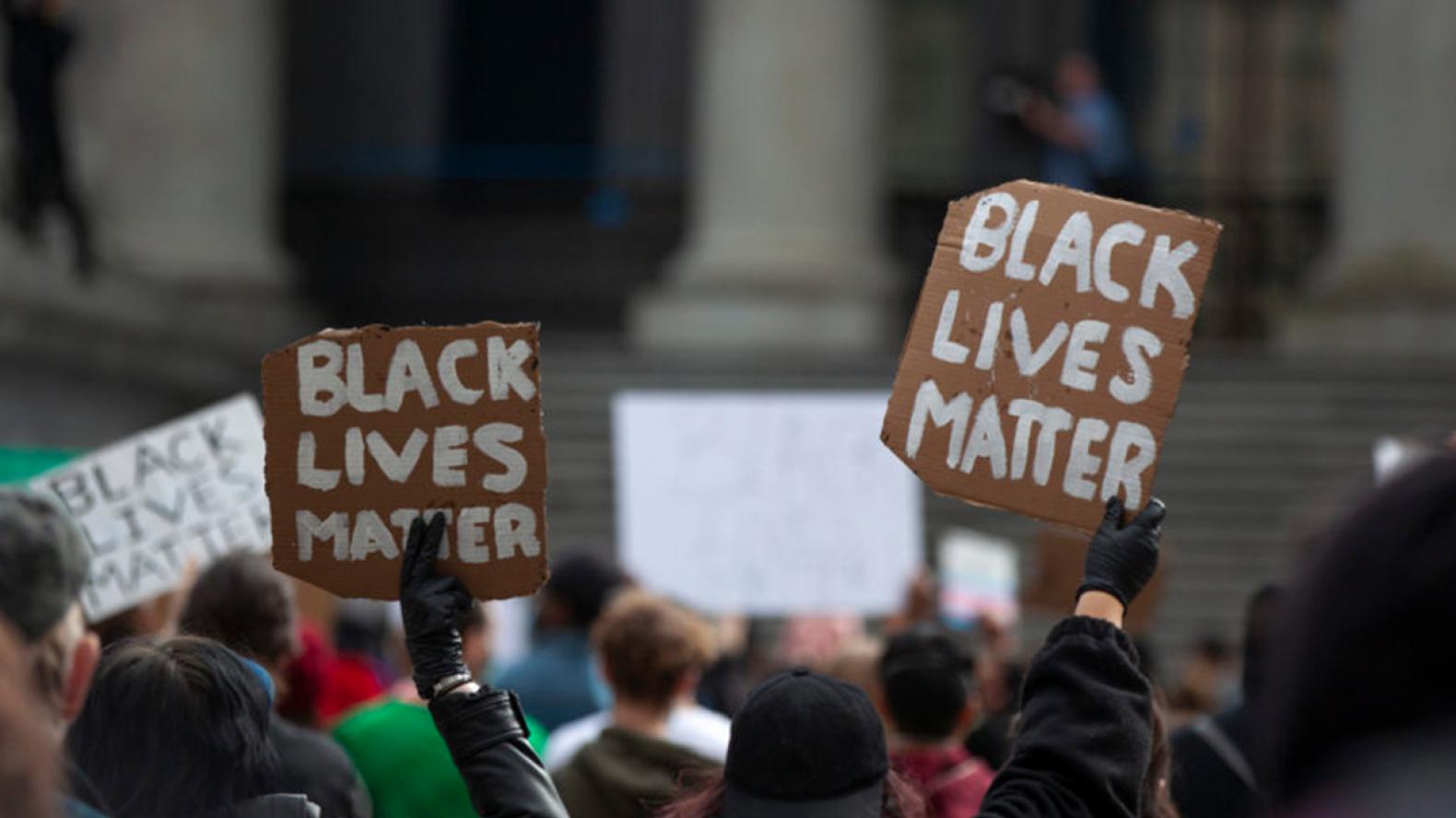
Vancouver aspires to be a safe city in which residents feel secure. It’s one of the goals of the Healthy City Strategy approved by city council in 2014.
To that end, the city engaged Oludolapo Makinde, a graduate student at the Peter A. Allard School of Law, as a Healthy City Sustainability Scholar to conduct research into anti-Black racism in Vancouver and suggest ways to address it. Makinde worked on her report, Towards a Healthy City: Addressing Anti-Black Racism in Vancouver, during the summer of 2019 with her mentor April Sumter-Freitag and staff in the social policy and projects department. One of her recommendations—development and implementation of an anti-Black racism strategy—received funding from council in the city’s 2020 budget.
We spoke with Makinde about anti-Black racism in Vancouver.
What was the scope of work you did with the city?
The city wanted to examine anti-Black racism within the Vancouver context to see how it plays out and also understand its impact on Black Vancouverites. The overall goal was to review best practices within a municipal planning context and identify policies the city could put in place to address anti-Black racism.
What notable measures have other jurisdictions in Canada taken to address anti-Black racism?
Halifax is a good starting point, particularly as it relates to the apology for Africville. Africville has a similar history to Hogan’s Alley here in Vancouver, having been a primarily Black community. During the urban renewal drive, Africville residents were relocated without consultation and the community was demolished. In 2010, the Halifax Regional Municipality issued a public apology for their actions. We haven’t had that in Vancouver, but it’s an important step if the city truly wants to reconcile and rebuild trust with the Black community.
Toronto is another example, having drawn their approach from the report of the UN Working Group of Experts on People of African Descent. I believe a specific anti-Black racism strategy is a must-have if we are serious about addressing anti-Black racism, because of the history of slavery, segregation and discrimination against people of African descent. My call is for us to draw inspiration from the Toronto strategy and for the city to have a dialogue with the Black community to get a better sense of what is happening, what we need, and how the city can help make us feel safe and included.
Is there anything about being Black in Vancouver that makes it unique among Canadian cities?
I think the particular issue that makes being Black in Vancouver unique is the fact that we account for such a small number of the population— about one per cent. We’re actually a minority within a minority here in Vancouver and so people tend to think that there’s no history or occurrence of anti-Black racism in Vancouver.
Smaller numbers doesn’t make it a smaller problem?
No, it doesn’t. It’s actually the opposite because it means our collective voice is not as audible as the Black community in Toronto, for example. Also, because of our small population, the degree at which we experience anti-Black prejudices or micro-aggressions is heightened. Suffice it to say that Black and Indigenous people across Canada generally face discrimination or microaggressions at a higher level than other racial groups so we need to address this issue irrespective of population size.
What did it mean to you to see strategy work on anti-Black racism funded in the City’s 2020 budget?
I was happy to see that my work wasn’t in vain, because often times, academic studies are conducted and government reports about anti-Black racism are issued, but nothing substantial is done with the recommendations. So, I’m delighted that the city is proceeding with the anti-Black racism strategy work.
Oludolapo Makinde worked with the city as a Healthy City Scholar under the auspices of the UBC Sustainability Scholars Program, which partners with the City of Vancouver in support of its Greenest City Action Plan and Healthy City Strategy.